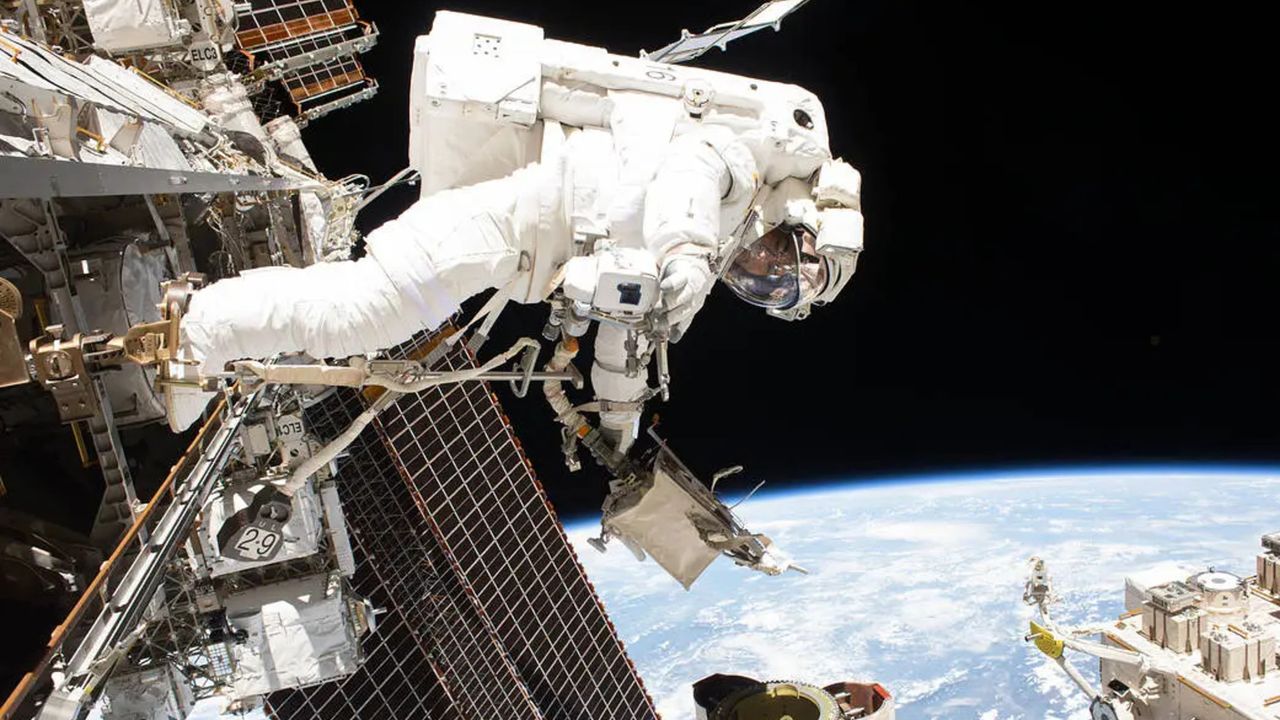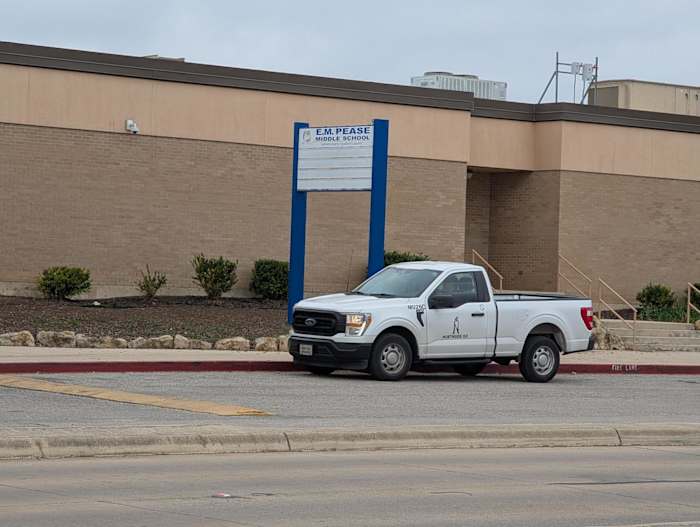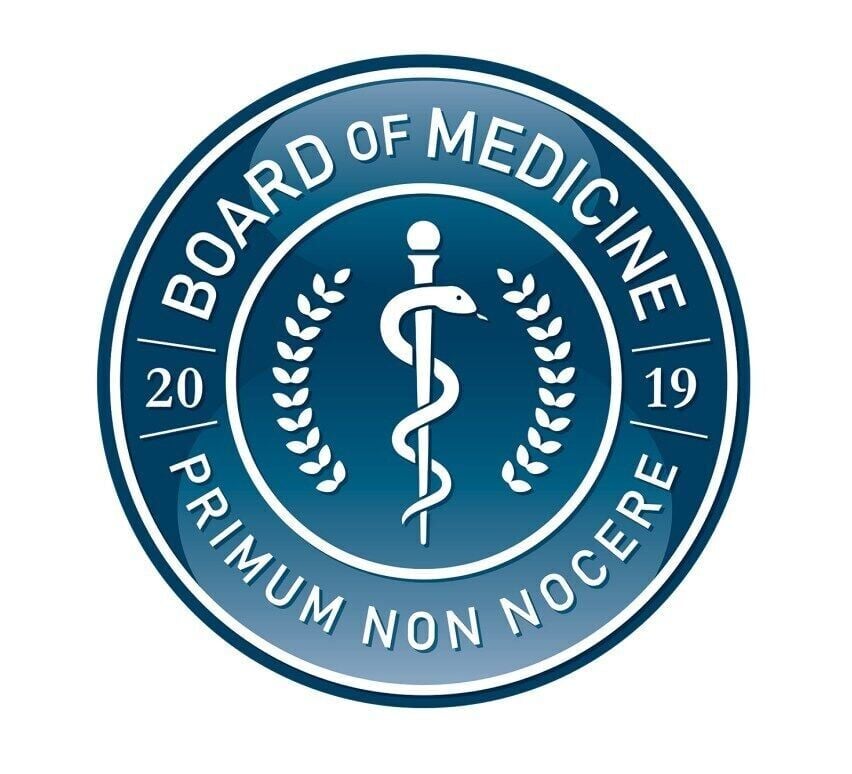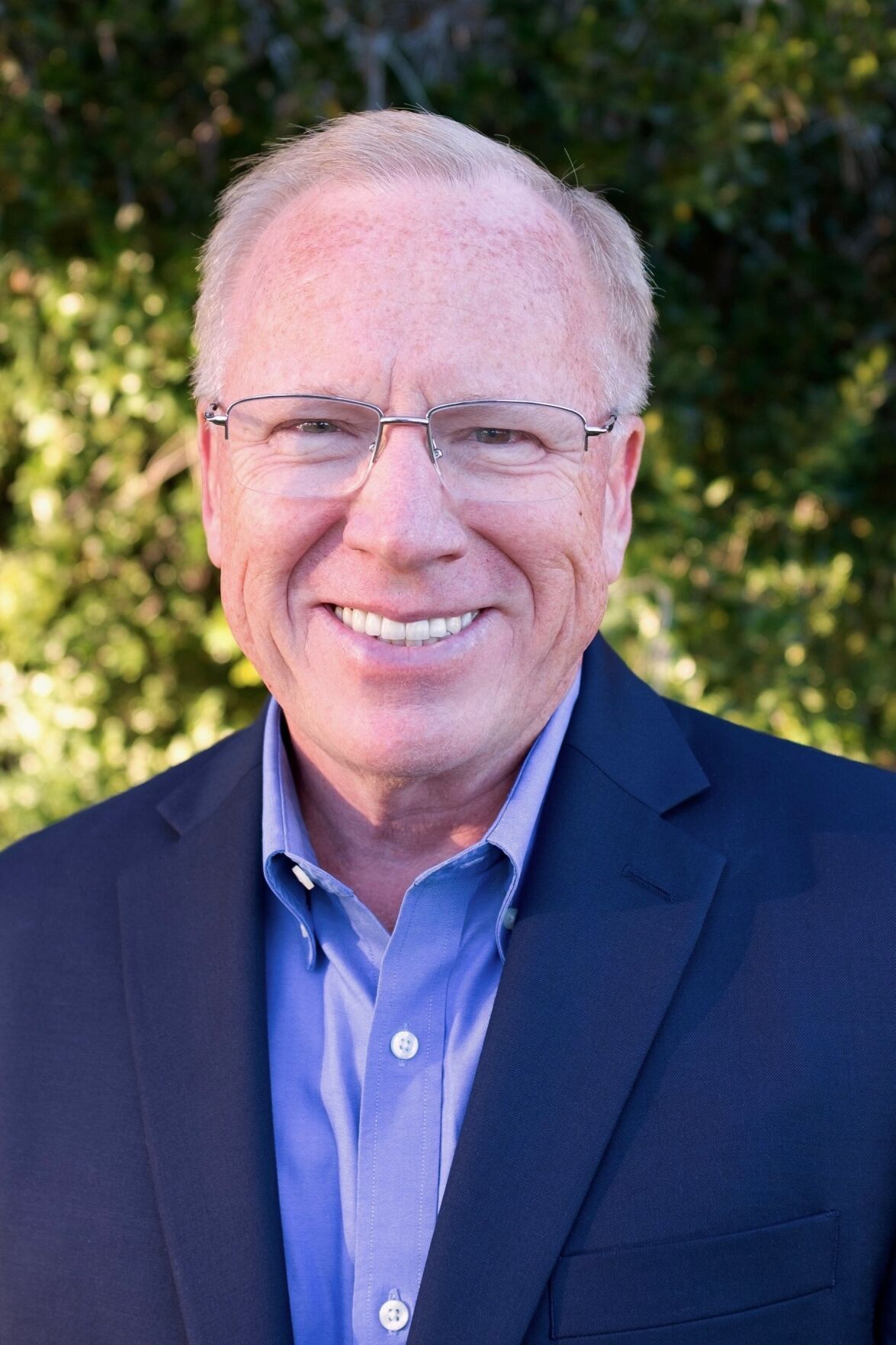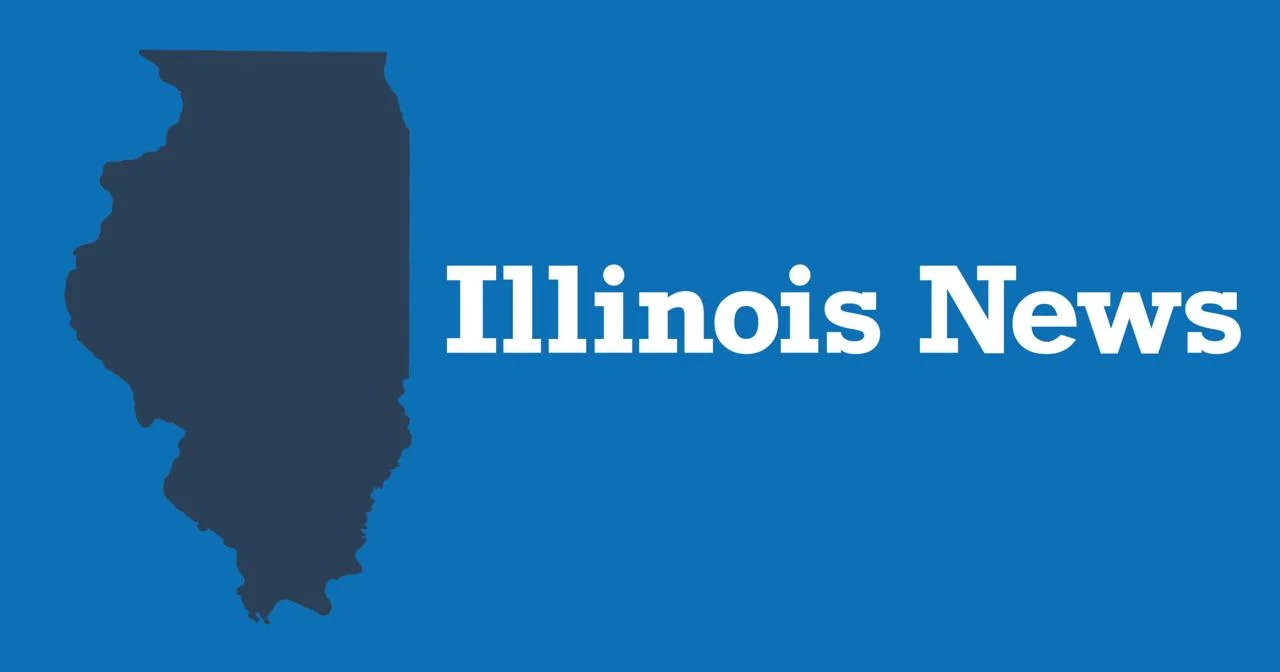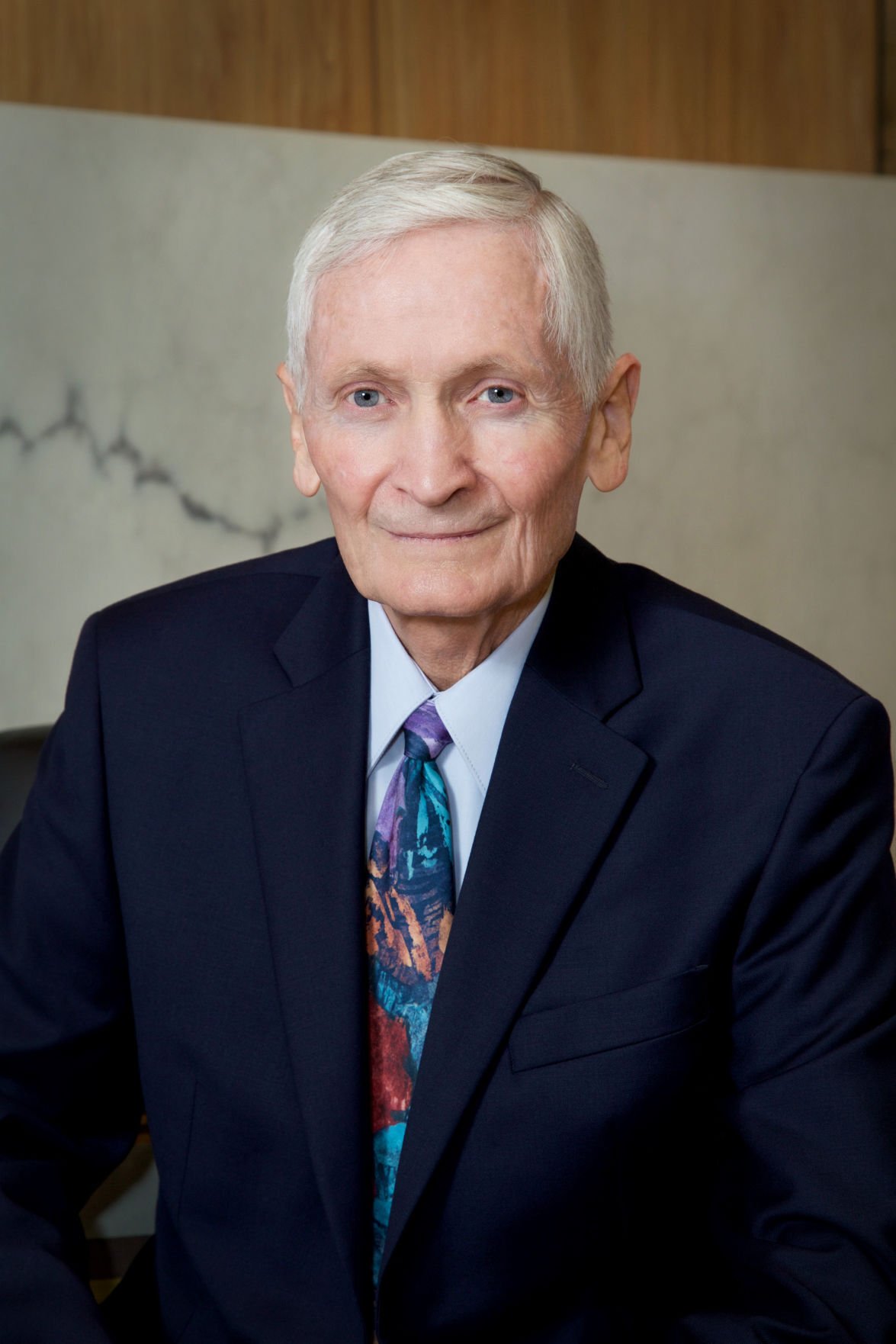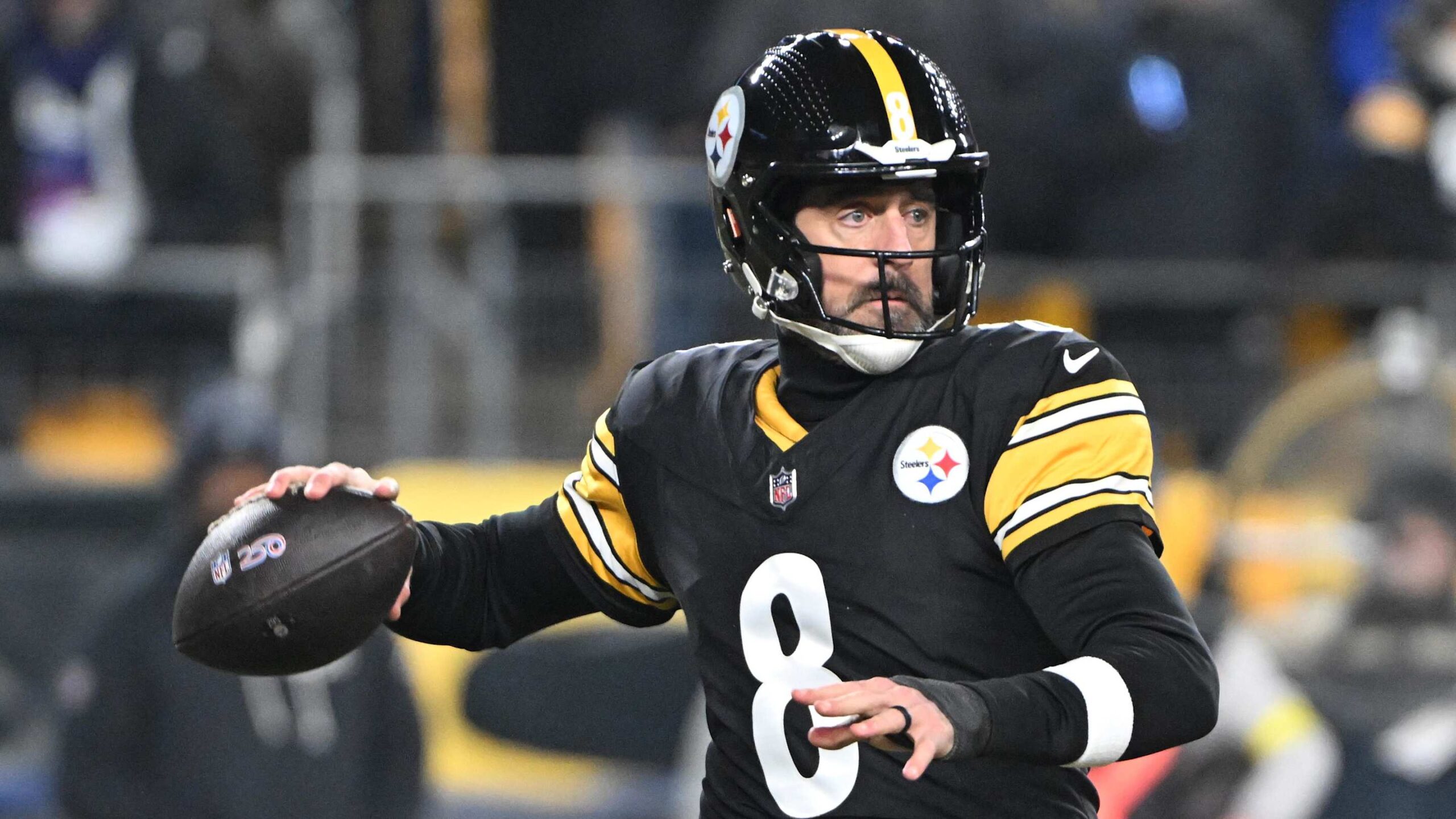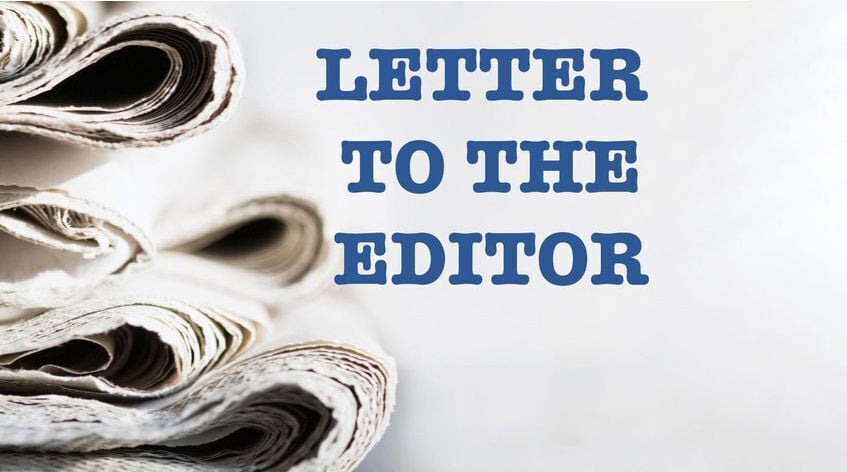In a swift corporate decision, Walt Disney Co. dropped “Jimmy Kimmel Live!” after Kimmel’s comments about the suspect in the shooting death of conservative activist Charlie Kirk. Now, Hollywood writers, already struggling financially, see this as a worrying sign of further restrictions on creative freedom in comedy and beyond.
Hollywood writers were already struggling. Now they fear censorship
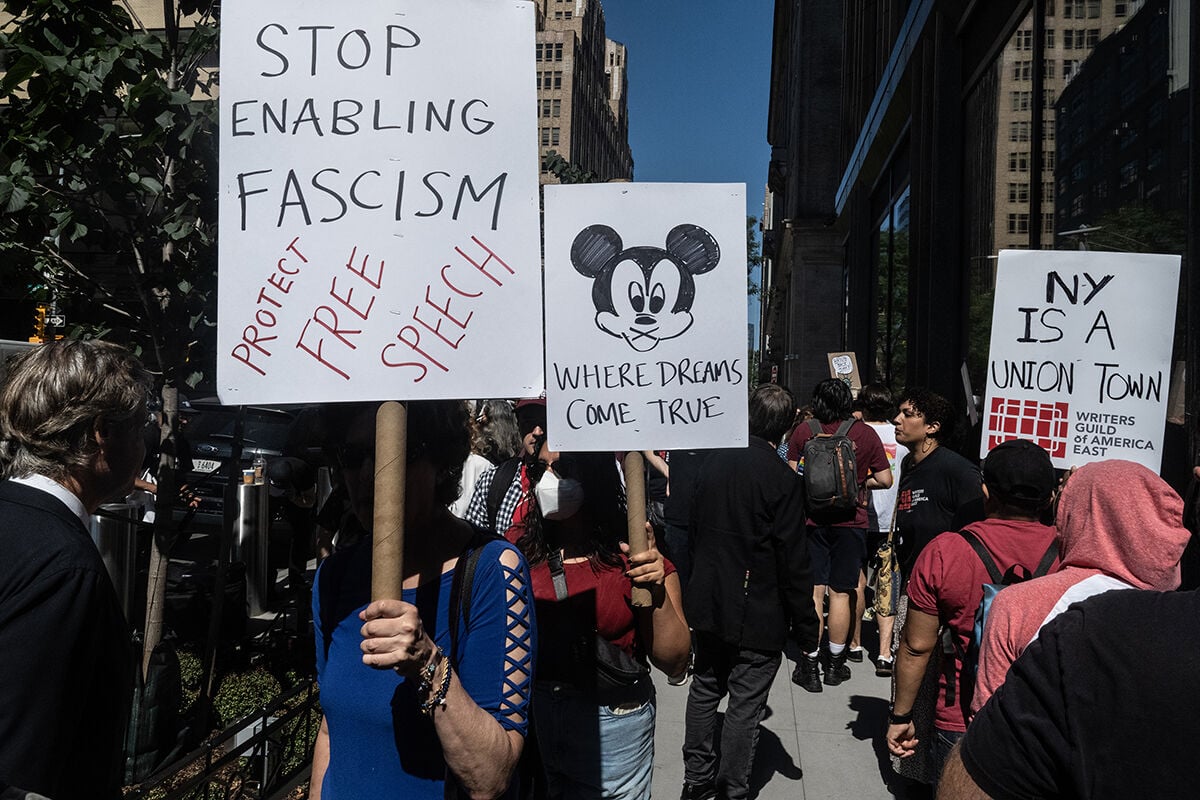
Key Takeaways:
- Walt Disney Co.’s indefinite suspension of “Jimmy Kimmel Live!” has intensified censorship concerns in Hollywood.
- Comments made by Jimmy Kimmel about the suspect in conservative activist Charlie Kirk’s shooting death sparked the removal.
- Writers were already struggling with financial and creative constraints before this controversy.
- Political and cultural personalities—ranging from James Comey to Roseanne Barr—highlight the broader environment of comedic commentary.
- Hollywood’s future hinges on how creative freedom holds up against potential corporate backlash.
The Six-Day Shift
LOS ANGELES—The mood in Hollywood changed dramatically within just six days. During this brief yet consequential window, Walt Disney Co. announced it would suspend “Jimmy Kimmel Live!” indefinitely, citing recent public comments made by its famous host. The incident sent a ripple of unease throughout the creative community, which feared that the move foreshadowed deeper censorship concerns in the near future.
Indefinite Hiatus for “Jimmy Kimmel Live!”
“Jimmy Kimmel Live!” was pulled from Walt Disney Co.’s lineup after Kimmel spoke about the suspect in the shooting death of conservative activist Charlie Kirk. Although details remain limited, the abrupt nature of the show’s absence has sparked new questions about the boundaries of comedic commentary—and who sets them.
Writers Already Under Pressure
Well before this controversy, Hollywood writers had been expressing concerns over shrinking job opportunities and tighter financial margins. The indefinite loss of a high-profile show compounds their worries, intensifying fears that corporate decisions could further hamper free expression. For many, the Kimmel incident exemplifies the kind of editorial control that may soon extend across comedy, satire, and beyond.
The Broader Cultural Context
For many Americans, comedy and satire have long offered relief and perspective on political and social issues. Late-night shows and comedy skits often include references to polarizing figures like Donald Trump, James Comey, and Roseanne Barr, or to classic controversies such as George Carlin’s “seven dirty words.” This tension between creative expression and public opinion—especially when it involves hot-button issues—has increasingly drawn the attention of studio executives wary of backlash.
Looking Ahead
Hollywood’s future remains uncertain. As new controversies emerge, writers worry that the threshold for what is deemed “acceptable” could keep shrinking. Some fear this will limit the incisive humor and unfiltered critique that once defined television’s late-night and sketch-comedy segments. For now, the indefinite absence of “Jimmy Kimmel Live!” stands as a cautionary tale, fueling debates about the cost of speaking too freely in an industry continuously renegotiating its creative boundaries.
